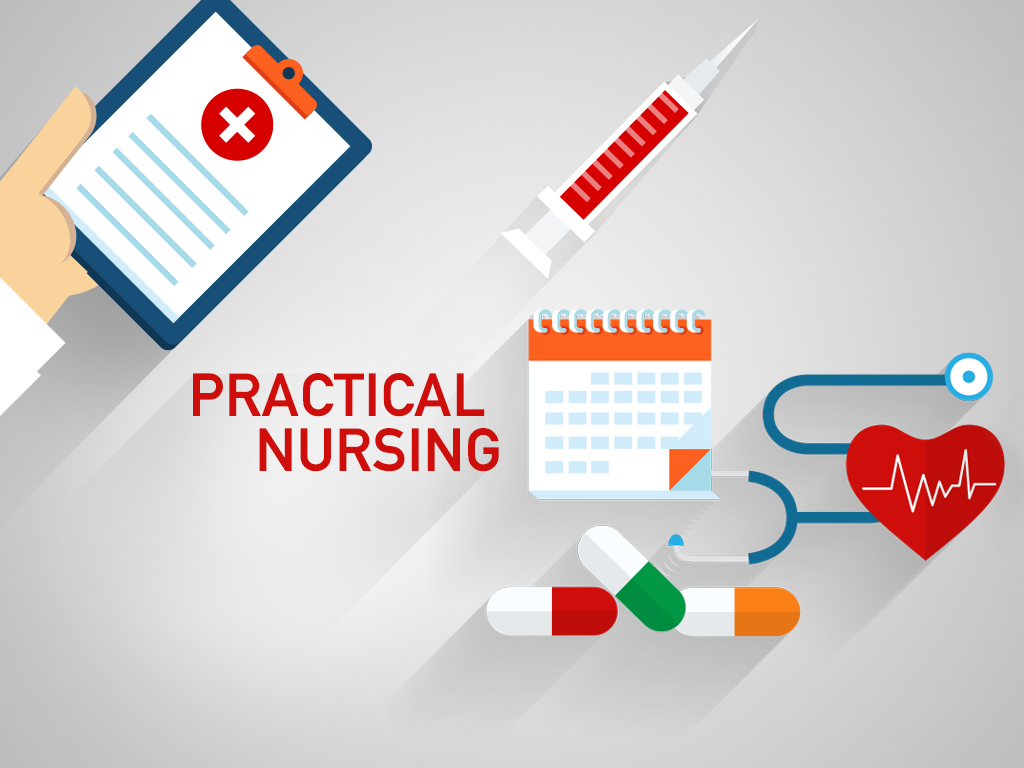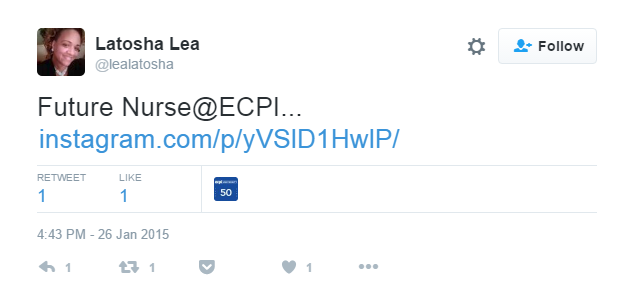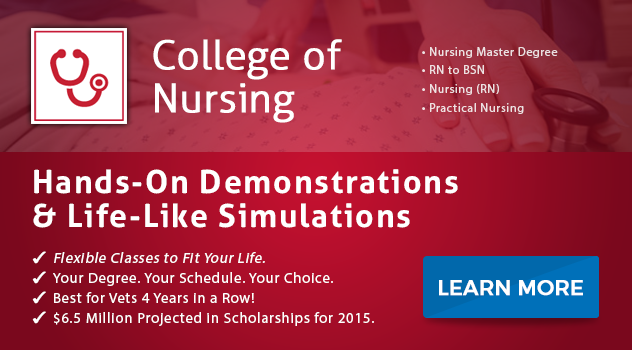What Does a Nurse Do?
Nurses work in a wide variety of settings when delivering care to both young and adult patients. They perform duties as clinicians, carers, and leaders. Many professionals in the field secure employment in community settings like schools, GP offices, and community hospitals. Choice of specialty generally determines the environment that licensed nurses will find themselves.
The profession is ideal for individuals with a passion for helping people using the latest medical equipment and medication. Some of the specialist fields available to professionals include rehabilitation, nephrology, neonatology, cardiovascular, and more.
Experienced nurses advance to positions of responsibility. They are typically in charge of nurse-led facilities and may reach executive levels. It becomes easier to advance by developing skills required in management, education, research, and clinical roles.
Duties for Licensed Practical Nurses
Qualified and registered nurses typically handle wide-ranging duties, including:
- Collecting samples for testing
- Administer basic care, such as monitoring intravenous fluid flows, and patient conditions
- Compile observation reports
- Liaise with fellow medical professionals, including radiographers and doctors
- Maintain patient records
- Educate patients about health issues
- Operate an assortment of medical equipment
- Feed patients who need help eating
- Provide emotional support
How to become eligible for a nursing role
To become a registered nurse, you need to complete an approved training program, such as a Bachelor of Science degree in nursing (BSN). The education prepares you well for a career in the rewarding and exciting field. Licensing is also a mandatory part of the process. However, many states automatically issue licenses if you hold a recognized qualification like the BSN.
Some of the coursework covered in the training programs include psychology, microbiology, anatomy, and physiology. Embarking on an accelerated BSN program typically requires a one-and-a-half-year time commitment.
All nursing courses encompass supervised clinical experience or rotations. Depending on the school, rotations can be carried out in both hospital and non-hospital settings.
The programs often cover additional non-nursing subjects, such as physical sciences, leadership, communication, social sciences, and critical thinking. To qualify for administrative positions in research, educational, and clinical roles, you need to hold at least a bachelor’s degree or higher.
Licensing for Nurses
Successfully taking the National Council Licensure Examination (NCLEX-PN) allows you to earn a license to practice as a nurse. The National Council of State Boards of Nursing website and offices are a good source of information about the exams and licensing requirements in your state.
Important qualities and skills
To succeed in the nursing profession, you need the following skills and qualities:
- Interpersonal skills – nurses regularly interact with patients and fellow medical staffers
- Compassion – providing emotional support to patients and their loved is an important part of the job
- Critical thinking – the ability to make correct decisions based on patient observations is a skill that all nurses must possess
- Good writing skills – nurses compose many reports as part of daily duties
- Stamina – the profession involves considerable walking, bending, lifting, and standing
- Organizational skills – makes it easy for nursing professionals to work more efficiently because they may need to multitask regularly
If you think you have want it takes to be a nurse, ECPI University offers a Diploma in Practical Nursing. Some of the subjects covered in the program include adult care nursing, pharmacology, dosage calculations, and more. Those interested in taking the next step can contact an admissions advisor today to discuss their options.
It could be the Best Decision You Ever Make!
DISCLAIMER – ECPI University makes no claim, warranty, or guarantee as to actual employability or earning potential to current, past or future students or graduates of any educational program we offer. The ECPI University website is published for informational purposes only. Every effort is made to ensure the accuracy of information contained on the ECPI.edu domain; however, no warranty of accuracy is made. No contractual rights, either expressed or implied, are created by its content.
Gainful Employment Information – Practical Nursing - Diploma
For more information about ECPI University or any of our programs click here: http://www.ecpi.edu/ or http://ow.ly/Ca1ya.




